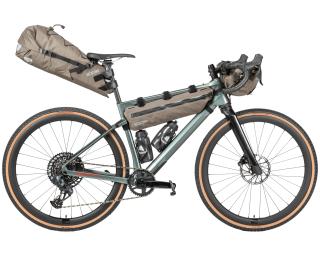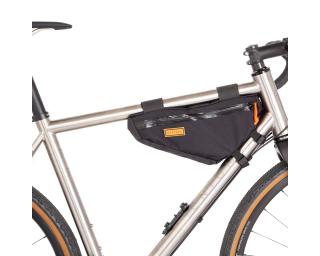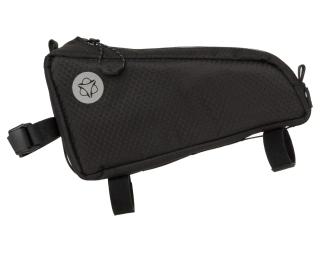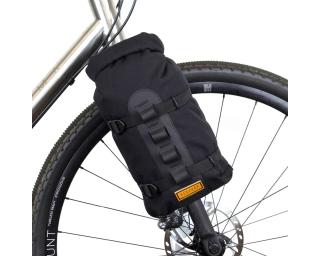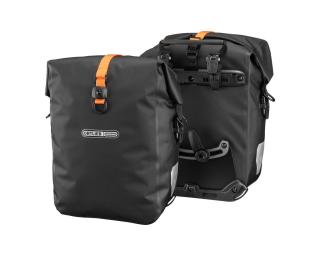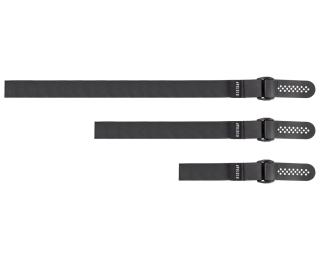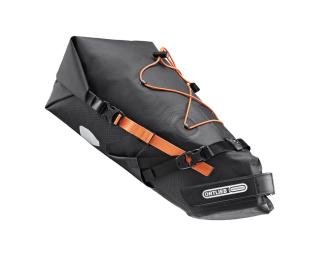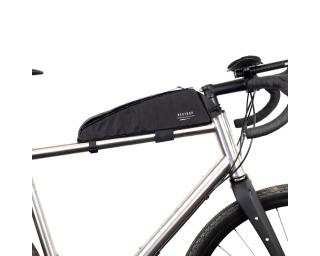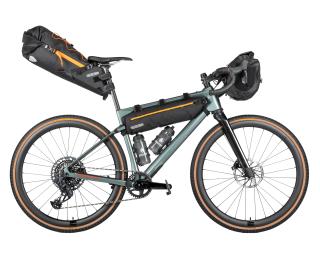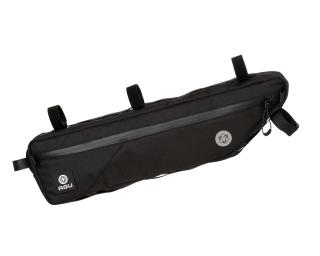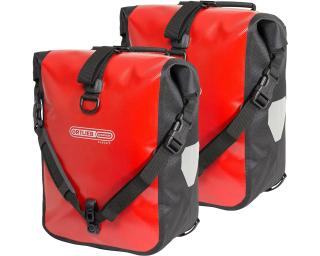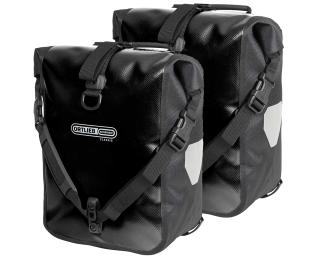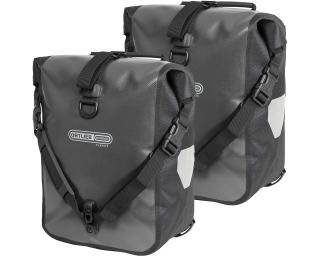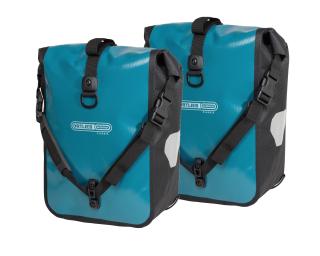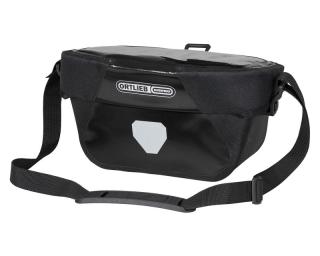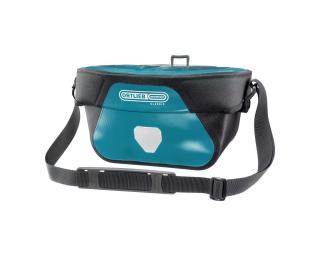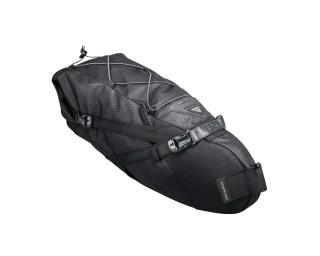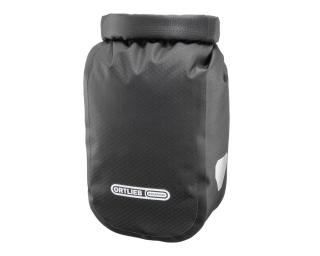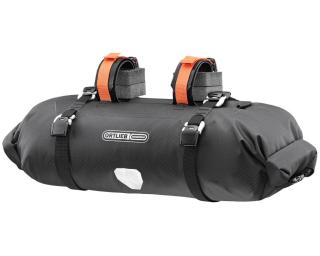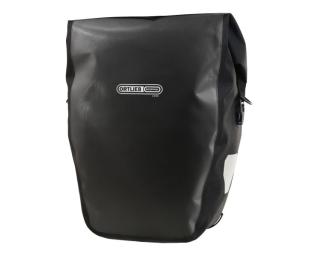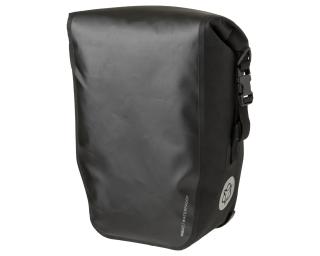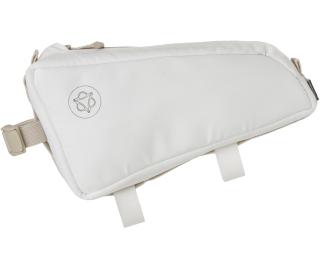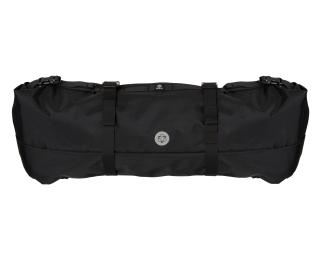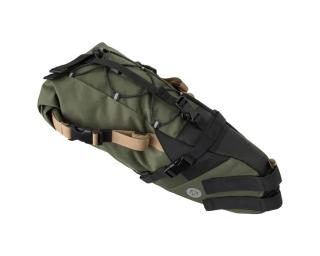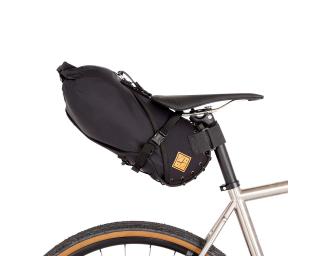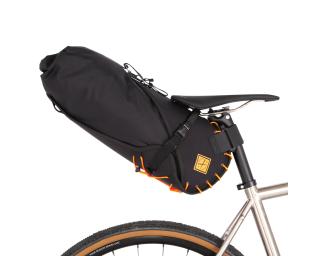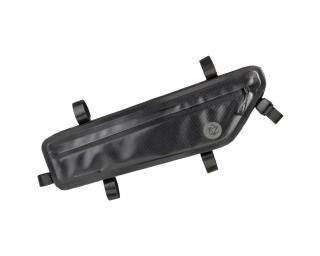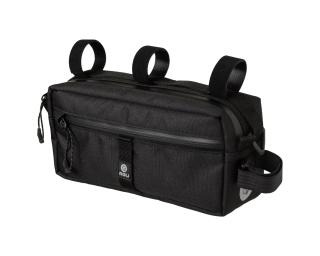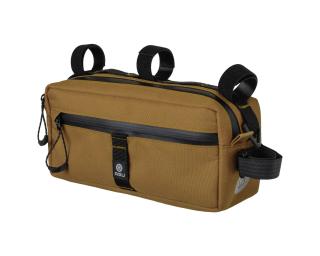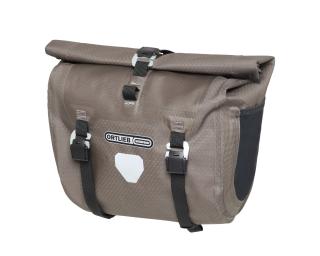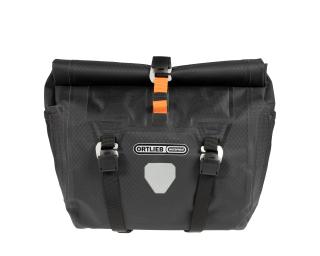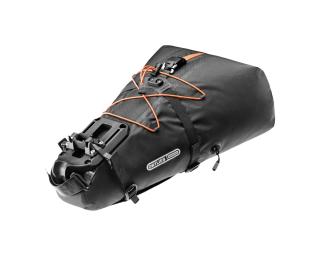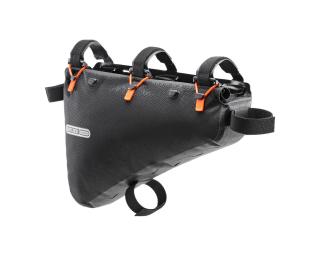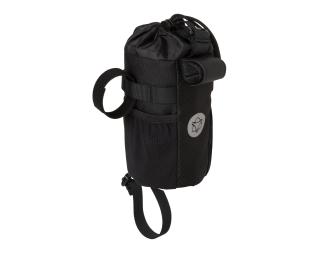Bikepacking Bags
143Sorted by
Are you satisfied with our product range?
Bikepacking bags: your freedom in a perfect package
Bikepacking is the ultimate way to explore the world on two wheels. It's all about freedom, adventure and being self-sufficient. And that starts with the right bikepacking bags. Good bags ensure your gear stays safe, dry and stable on your bike without getting in the way. Whether you're planning a weekend trip or an expedition that will last several months, with the right bag setup you'll be prepared for anything.
What bikepacking bags suit you? An outline
Not every bikepacking trip is the same, and so there is a wide variety of bags. Depending on the duration of your trip, the amount of gear you're taking and the type of bike you have, you can put together the perfect combination. Below we list the most popular options:
- Bag sets: An ideal solution if you want to get everything at once. These sets often include a saddle bag, a handlebar bag and a frame bag, all perfectly matched.
- Frame bags: These bags fill the triangle of your frame. They are perfect for heavier gear because the weight remains central and low. They come in many different shapes and sizes, from half-frame to full-frame models.
- Top tube bags: These are small, handy bags that go on top of your bike's top tube, directly behind the stem. They are ideal for snacks, your phone or a powerbank - essentials you want to have within easy reach.
- Fork bags: These are to be attached to special mounts on your bike's fork or with adapters. They offer extra space for items such as a sleeping bag, a sleeping mat or extra water bottles.
- Handlebar bags: These bags are attached to your handlebars and come in different shapes and sizes, from compact rollers to larger bags with extra compartments. They are convenient for storing lighter, bulky stuff like a sleeping bag or clothes.
- Saddle bags (large size): These are many a bikepacker's best bags - they are attached underneath your bike's saddle and hold an amazing amount of travelling items, such as clothes or part of your camping gear. They don't swing thanks to clever fastening systems.
- Luggage rack bags: If your bike has a luggage rack (or if you mount one), you can also opt for traditional bike bags or panniers, which usually offer a lot of storage space and are easy to attach and remove.
Bikepacking accessories: complete your gear
Besides the larger bags, there are also all sorts of smart bikepacking accessories that make your life on the road easier. Think waterproof covers or drybags that fit perfectly in your bags, extra straps to secure things, or small organisers. Such accessories help you to optimally protect and organise your luggage.
What to keep in mind when buying bikepacking bags
Before purchasing any bags, it may be wise to consider the following points:
- Waterproofness: Will you be cycling in changeable weather often? Then choose fully waterproof bags or use drybags inside other bags.
- Volume and weight: How many litres do you need and what is the maximum weight both bag and bike can carry? Try to travel as lightly as possible.
- Attachment systems: Make sure the bags can be securely attached to your bike without rubbing or wobbling. Check that they fit your bike's frame and handlebars.
- Materials: Durable, hard-wearing materials last a long time and can take a beating.
- Weight distribution: Distribute the weight properly across your bike for the best possible ride. Put heavier items in a low and central place (frame bag) and lighter items higher or at the ends.
Frequently asked questions about bikepacking bags
What are the most important bikepacking bags to start with?
Many bikepackers start with a large saddle bag, a handlebar bag and a frame bag. This combination offers a good balance between volume and weight distribution, and is suitable for most shorter to medium distance trips.
What volume do I need for my bikepacking trip?
This really depends a lot on the length of your trip, the season (more clothing in winter) and whether you are camping or staying in ho(s)tels. For a weekend trip, 20-30 litres may be enough; for a longer, self-sufficient trip you will quickly head towards 40-50 litres or more.
Are all bikepacking bags waterproof?
Not all bags are 100% waterproof as standard. Many bags are made of water-repellent material that can withstand a light rain shower. If you absolutely want your gear to stay dry, choose bags with welded seams and waterproof zips, or use drybags (waterproof inner bags).
How do I attach bikepacking bags to my bike?
Most bikepacking bags are attached to your bike's frame, seatpost, handlebars or front fork with strong Velcro straps, buckles or special mounting brackets. It is important to follow the instructions carefully for secure mounting.
Can bikepacking bags be used on any bike?
Although many bags have a universal design, there are some things to consider and check. Frame bag shapes depend on the shape and size of your frame. Saddle bags need sufficient space between the saddle and the rear wheel. Always check the dimensions and specifications of the bag and your bike. At Mantel we are happy to give advice!
So, are you ready to get packing and go on a cycling adventure? At Mantel you will find an extensive range of bikepacking bags and accessories from top brands. Find out which bags suit your plans best and start planning your next unforgettable trip today!
 Nederland
Nederland België
België Deutschland
Deutschland Finland
Finland Ireland
Ireland Luxembourg
Luxembourg Portugal
Portugal Poland
Poland Österreich
Österreich France
France España
España Italia
Italia Sverige
Sverige Danmark
Danmark







































































































































































































































































